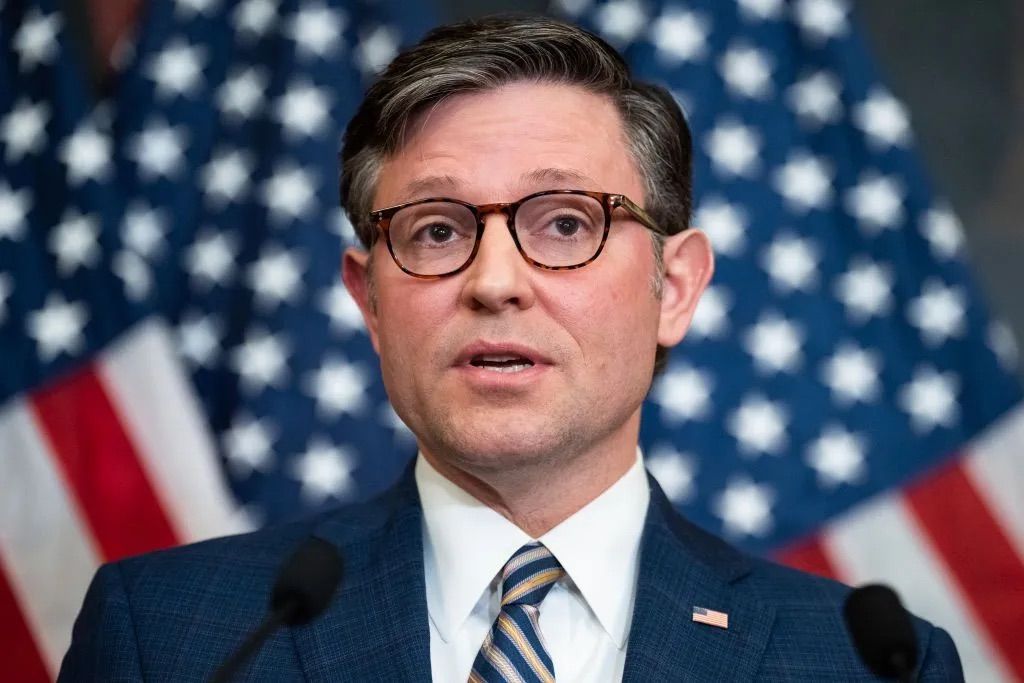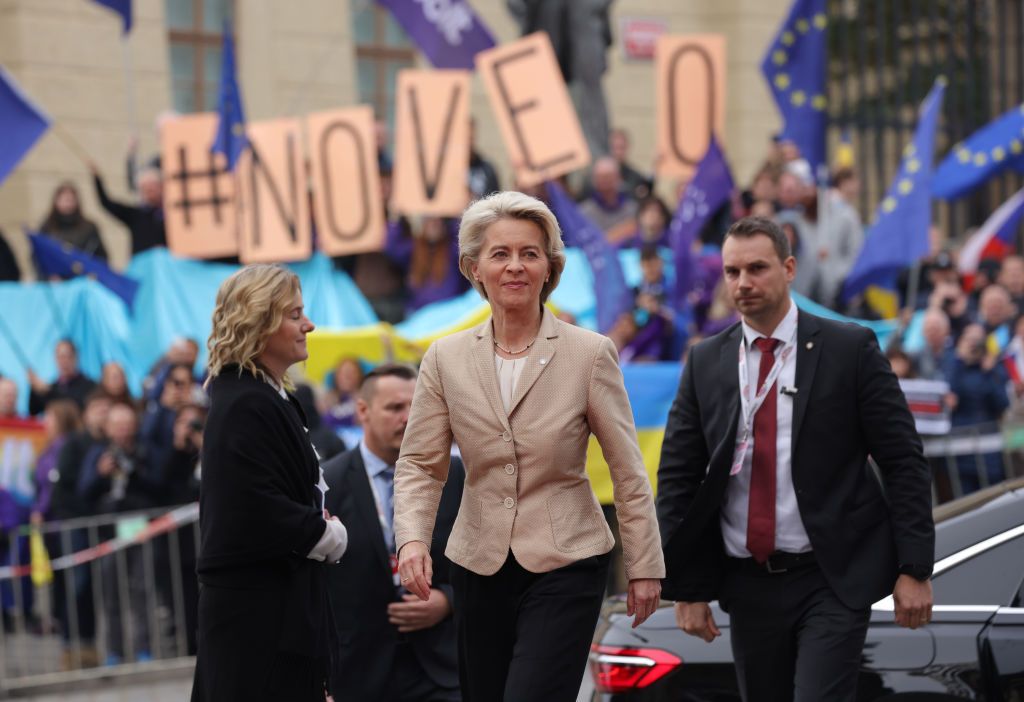Stoltenberg: Concerns valid over level of NATO ally defense spending

NATO’s European allies and Canada have stepped up their defense spending to record levels, but criticism about the Alliance’s members not spending enough is valid, NATO Secretary-General Jens Stoltenberg said on Feb. 14.
Speaking at a press conference ahead of a meeting of the NATO defense ministers in Brussels, Stoltenberg assured that 18 NATO allies are projected to meet the 2% GDP defense spending target – a six-fold increase from 2014 when only three allies upheld their commitments.
“In 2024, NATO allies in Europe will invest a combined total of $380 billion in defense,” Stoltenberg said. “For the first time, this amounts to 2% of their combined GDP, so we are making real progress.”
He added that NATO has signed contracts worth $10 billion dollars on ammunition production in the past few months, highlighting that Germany has launched the construction of a new ammunition factory estimated to be able to produce 200,000 artillery shells per year.
The announcement comes days after former U.S. President Donald Trump came under fire for saying that he would not protect NATO countries that fail to meet their defense spending commitments.
“In fact, I would encourage (Russia) to do whatever the hell they want,” he said at a campaign rally on Feb. 10.
Stoltenberg hit back against Trump’s comment the following day, insisting that NATO remains “ready and able to defend all allies.”
“Any suggestion that allies will not defend each other undermines all of our security, including that of the U.S., and puts American and European soldiers at increased risk. I expect that regardless of who wins the presidential election, the U.S. will remain a strong and committed NATO ally.”
Stoltenberg acknowledged at the pre-ministerial meeting on Feb. 14 that criticism about NATO allies’ defense spending is valid, noting that the criticism is directed not at NATO but at the Alliance’s member states themselves.
“And that’s a valid point. And it’s a point and the message that has been conveyed by successive U.S. administrations, that European Allies and Canada have to spend more because we haven’t seen fair burden sharing in the Alliance. The good news is that that is exactly what NATO Allies are doing.”
The Secretary-General re-emphasized his earlier criticism of Trump’s statement, noting that “any suggestion that we (NATO) are not standing up for each other, that we are not going to protect each other, does undermine the security of all of us, increasing the risks.”
“We should leave no room for miscalculation or misunderstanding in Moscow, about our readiness and our commitment, our resolve to protect our Allies,” he continued. “And the reason to do so is not to provoke a conflict, but it is to prevent the conflict, as NATO has done successfully for 75 years.”
Stoltenberg was tight-lipped on rumors of a change to the format of the Ukraine Defense Contact Group that would see NATO coordinating military aid to Ukraine instead of the U.S, noting only that frameworks are in place to insulate Ukraine aid from potential election-related shifts in support.
As concerns over the potential impact of the upcoming U.S. election on aid for Ukraine grow, Stoltenberg said his last trip to Washington highlighted broad support across Democrats and Republicans in both the House and the Senate for Ukraine and NATO.
"The United States have never fought a war alone. They always fight with Allies, and that makes the United States stronger," he concluded.
"From the Korean War to Afghanistan, NATO Allies have been fighting shoulder by shoulder with U.S. soldiers. And we have to remember that the only time we invoked Article Five was after an attack on the United States – Afghanistan – 9/11. And, hundreds of thousands of Canadian and European troops served in Afghanistan to protect the United States, and many of them payed the ultimate price."
The meeting of the NATO defense ministers is set to begin in the morning on Feb. 15.












